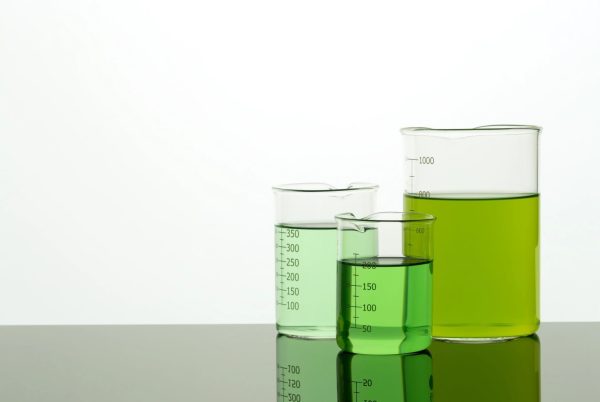
Septic systems play a huge role in managing household wastewater for millions of homes not connected to municipal sewer systems. As a homeowner with a septic system, you may have heard about septic system additives and wondered if they’re necessary for maintaining your system. In this article, we’ll explore the world of septic tank additives and help you determine whether they’re worth the investment.
What Are Septic System Additives?
Septic system additives are products designed to enhance the performance of your septic system. These additives come in various forms, including:
- Biological additives (bacteria, enzymes, or yeast)
- Chemical additives (inorganic and organic compounds)
- Oxygen-based additives
The Promise of Septic Tank Additives
Manufacturers of septic system bacterial additives often claim their products can:
- Boost the breakdown of solids
- Improve drain field percolation
- Reduce odors
- Extend the time between pump-outs
While these claims sound appealing, it’s essential to understand the science behind septic systems before deciding whether to use additives.
How Septic Systems Work
To evaluate the effectiveness of additives for septic systems, let’s first review how a septic system functions:
- Wastewater enters the septic tank
- Solids settle at the bottom, forming sludge
- Fats and oils float to the top, creating a scum layer
- Bacteria naturally present in the tank break down organic matter
- Partially treated water flows into the drain field for further filtration
A healthy septic system maintains a delicate balance of bacteria that effectively process waste without additional help.
The Debate Over Septic System Additives
Arguments in Favor
Proponents of septic tank additives argue that:
- They can jumpstart bacterial activity in new systems
- They may help recover from system shock (e.g., after using harsh chemicals)
- Some additives might enhance nutrient removal
Arguments Against
Skeptics and many environmental agencies contend that:
- A well-maintained septic system doesn’t need additives
- Some additives may disrupt the natural bacterial balance
- Certain chemical additives can harm the environment
- Money spent on additives could be better used for proper maintenance
Types of Septic System Additives
Biological Additives
Biological additives, including septic system bacterial additives, contain microorganisms, enzymes, or yeast. These products aim to supplement the naturally occurring bacteria in your tank.
Pros:
- Generally considered safe for the environment
- May help reestablish bacterial populations after a shock
Cons:
- Effectiveness is debated among experts
- May not provide significant benefits to a well-functioning system
Chemical Additives
Chemical septic tank additives often contain harsh substances that claim to break down solids and clear clogs.
Pros:
- May provide temporary relief for minor clogs
Cons:
- Can potentially damage your septic system
- May harm beneficial bacteria
- Some ingredients can contaminate groundwater
Are Septic System Additives Worth It?
While the appeal of a quick fix is understandable, the consensus among most septic professionals and environmental agencies is that septic system additives are generally unnecessary and potentially harmful.
Instead of relying on additives, focus on these proven maintenance practices:
- Regular pumping (every 3-5 years)
- Conserving water usage
- Avoiding harsh chemicals
- Proper waste disposal
- Annual inspections
Stick to Proven Maintenance Methods
In the end, the best way to keep your septic system healthy is through proper care and maintenance. While septic system additives may seem like an easy solution, they’re no substitute for responsible usage and regular professional servicing.
If you’re experiencing issues with your septic system, it’s best to consult with a qualified septic service professional who can diagnose and address the root cause of the problem. Remember, a well-maintained septic system can function efficiently for decades without the need for additives.
By focusing on proven maintenance methods, you’ll save money, protect the environment, and ensure your septic system continues to serve your home effectively for years to come.
